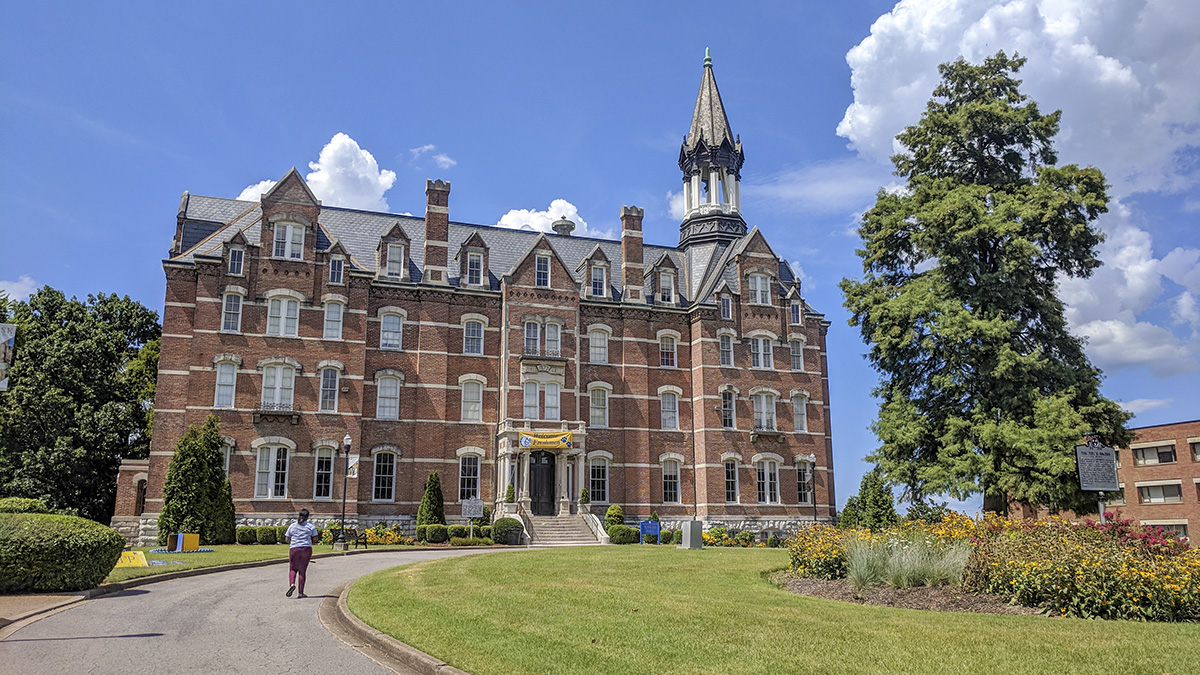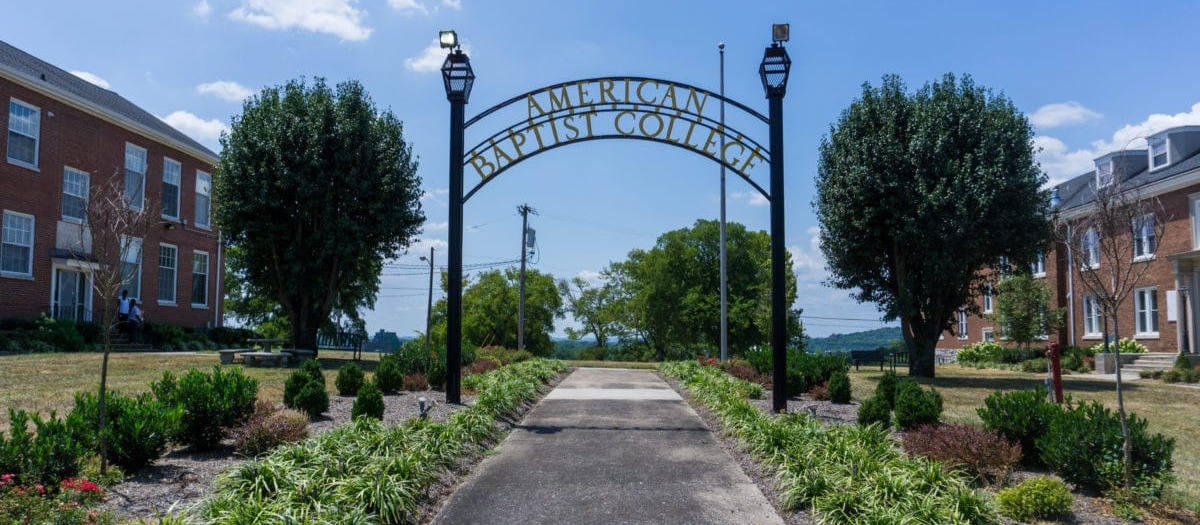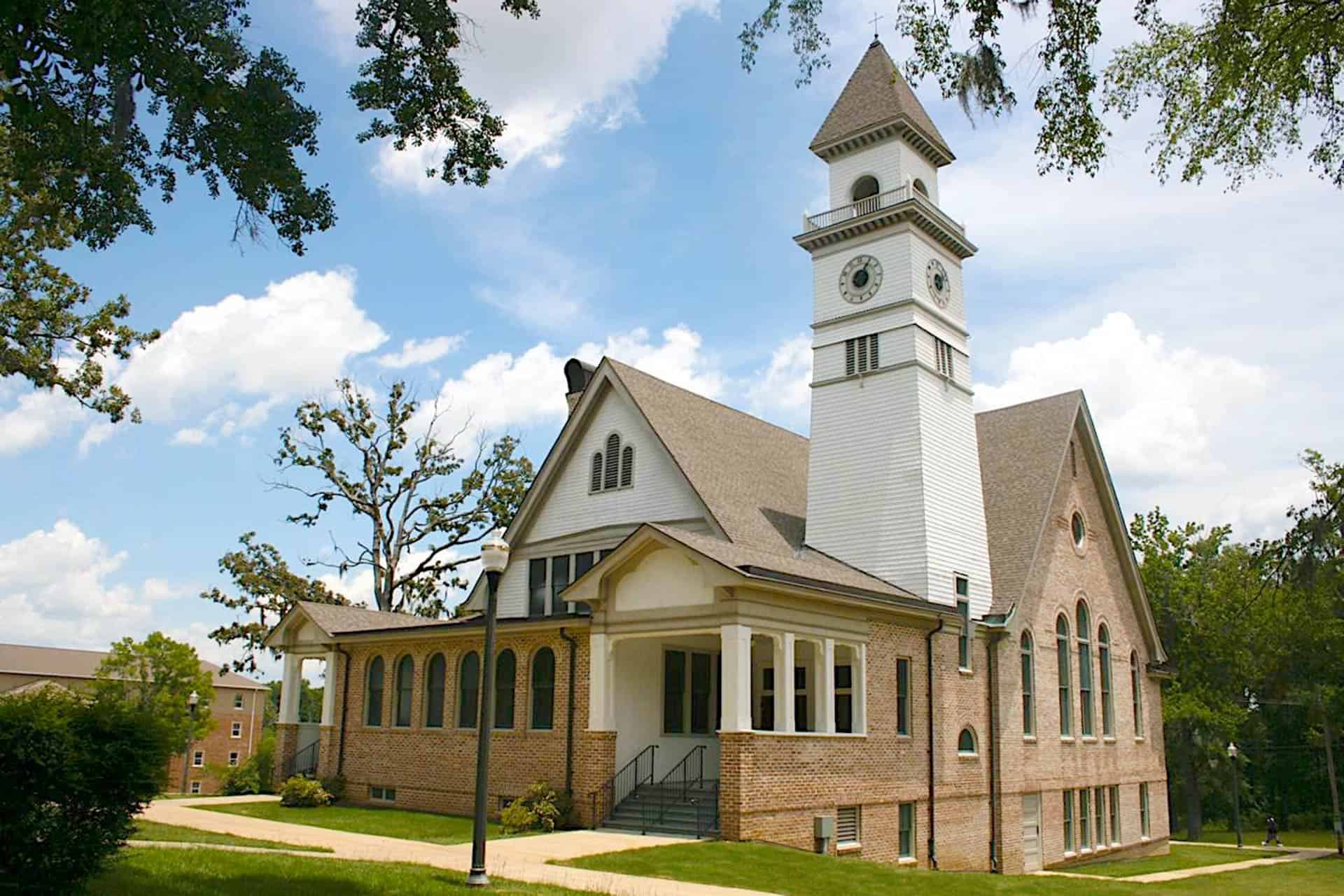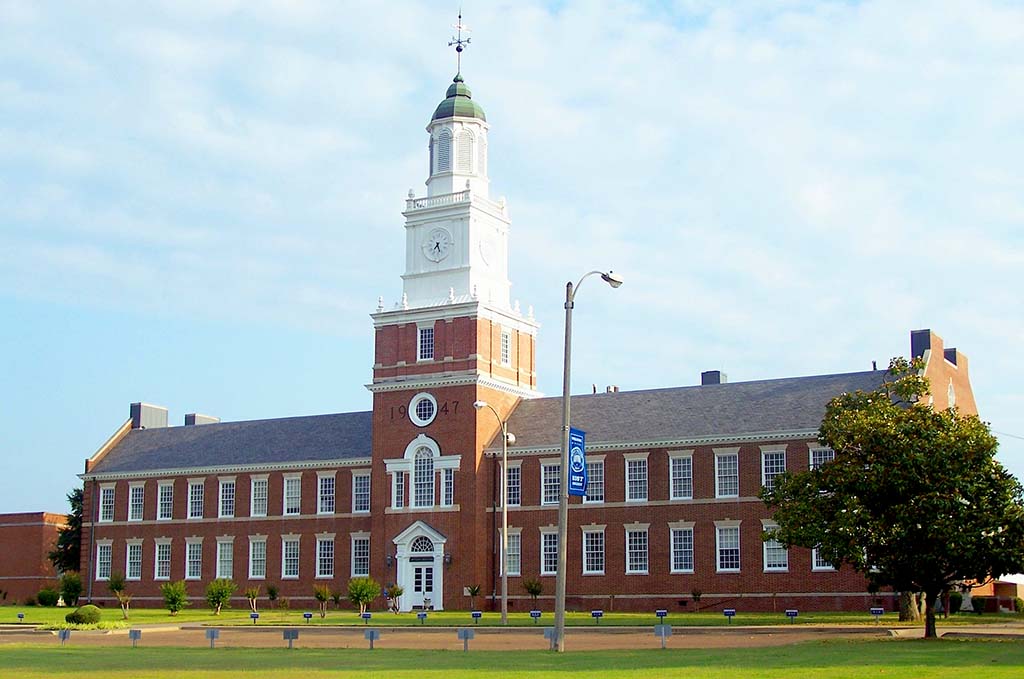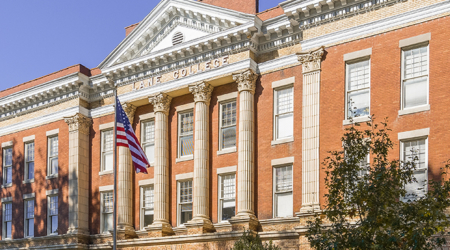
Explore HBCU – Lane College
Lane College is a private, Christian Methodist Episcopal, historically black college in Jackson, Tennessee.
Background
In 1882, the Colored Methodist Episcopal (CME) Church—now known as the Christian Methodist Episcopal (CME) Church—founded what would be called the CME High School. After the appointment of Bishop Isaac Lane who presided over the Tennessee Conference in 1879, Bishop Lane met with the CME denomination’s Tennessee Annual Conference committee to help formulate the school. Bishop Lane also purchased the first four acres of land to be used for the new school, located in the eastern part of Jackson, Tennessee.
The CME High School began its first school session on November 12, 1882, before the school’s name changed to the Lane Institute in 1884 to acknowledge Bishop Lane’s work in establishing the school. Twelve years later, the college department of Lane would be established in 1896, with the Board of Trustees voting to change the name from Lane Institute to Lane College. Lane was approved by the Southern Association of Colleges and Secondary Schools (SACS), as well as full membership admittance to SACS by December of 1961.
Since then, Lane College has undergone a series of construction projects, significant growth in enrollment, an increase in faculty strength, expanded curricula, and greater financial stability that lends to Lane’s ability to promote student success.
Programs & Opportunities
At Lane College, students are provided with comprehensive, accessible, quality, learning-centered educational opportunities. Lane Colleges boasts a series of three separate colleges with degree offerings of 2-year associate degrees, 4-year bachelor’s degrees, and a variety of career credentials. There is a School of Business, Social and Behavioral Science that offers degree pathways in Business, Criminal Justice, History, and Sociology; a School of Liberal Studies and Education that offers degree pathways in English, French, Mass Communication, Religion, Music, Physical Education, Interdisciplinary Studies, Spanish, Art, and Teacher Education; and a School of Natural and Physical Science that offers degree pathways in Biology, Chemistry, Computer Science, Mathematics, and Physics.
Additionally, recognizing that the undergraduate experience is not only restricted to the classroom, Lane offers numerous student activities that allow students the opportunity to participate in social, cultural, recreational, and athletic activities.
Learn more about the programming opportunities offered at Lane College here.
Alumni Affairs
At Lane College, there is no belief in being over-prepared—so graduates are career-ready and well-equipped for the future. Whether studying abroad, a transfer student, a veteran, or a dependent of a veteran, students alike are encouraged to think more, better, and faster than ever dreamed of before.
Some Lane College notable alumni include, but are not limited to:
- Donald L. Hollowell—attorney and Civil Rights Activist—attended Lane College where he graduated with a bachelor’s degree magna cum laude.
- Fatima Massaquoi—writer and academic—attended Lane College where she graduated with a degree in sociology before returning home to Liberia where she made significant contributions to the cultural and social life.
- Jacoby Jones—college football coach and former professional football player—attended Lane College where he became a four-time All-Southern Intercollegiate Athletic Conference (SIAC) player in his freshman, sophomore, junior, and senior seasons.
- Chuck Rainey—musician and popular bass guitarist who worked with figures like Aretha Franklin, Louis Armstrong, Marvin Gaye, and many more—attended Lane College for a period of time beginning in 1959.
Financial Information
With the assistance of professional financial aid counselors who are trained to meet the financial aid needs of students, Lane College works to provide options and resources needed for proper investment in education.
For residential students, tuition for full-time undergraduates taking 12-16 credit hours is $4,635 for one semester, totaling to $9,270 for one academic school-year. In addition to textbook, matriculation, technology, student activity, housing, meal plan, and health service fees, total cost of attendance is an estimated $9,700 per semester and $19,400 for an academic school year. For non-residential students taking a full-time 12-16 credit hour semester, while cost of tuition is the same $4,635, total cost of attendance is an estimated $6,245 per semester, or $12,490 for an academic year.
Conclusion
Lane College has been a source of inspiration for countless students, youth and adults alike throughout its tenure. Today, Lane College stands as a pillar of Christian education for people of all faiths and backgrounds, with the vision to transform lives through learning at the forefront of its mission.
Learn more about Lane College here.
Sources:
- https://www.findmyhbcu.org/school/lane-college/
- https://www.lanecollege.edu/about/history-of-lane-college
- https://www.lanecollege.edu/academics
- https://www.lanecollege.edu/academics/associate-degrees
- https://www.lanecollege.edu/lane-life/student-organizations
- https://www.lanecollege.edu/admissions
- http://dlhprof.uga.edu/bio.html
- https://www.facebook.com/WoGA1884/posts/liberia-fatima-massaquoi-fahnbulleh-19041978-was-a-pioneering-educator-in-liberi/221645671616651/
- https://golcdragons.com/sports/football/roster/coaches/jacoby-jones/193
- https://jacksontn.com/events/the-chuck-rainey-experience/
- https://www.lanecollege.edu/financial-aid-tuition
- https://www.lanecollege.edu/financial-aid-tuition/college-costs
Pictures:
- Lane College Logo: https://nbmbaa.org/lane-college/
- Lange College Campus: https://www.lanecollege.edu/about/history-of-lane-college
- Lane College Graduates: https://uncf.org/member-colleges/lane-college
- Lane College Students: https://uncf.org/member-colleges/lane-college

